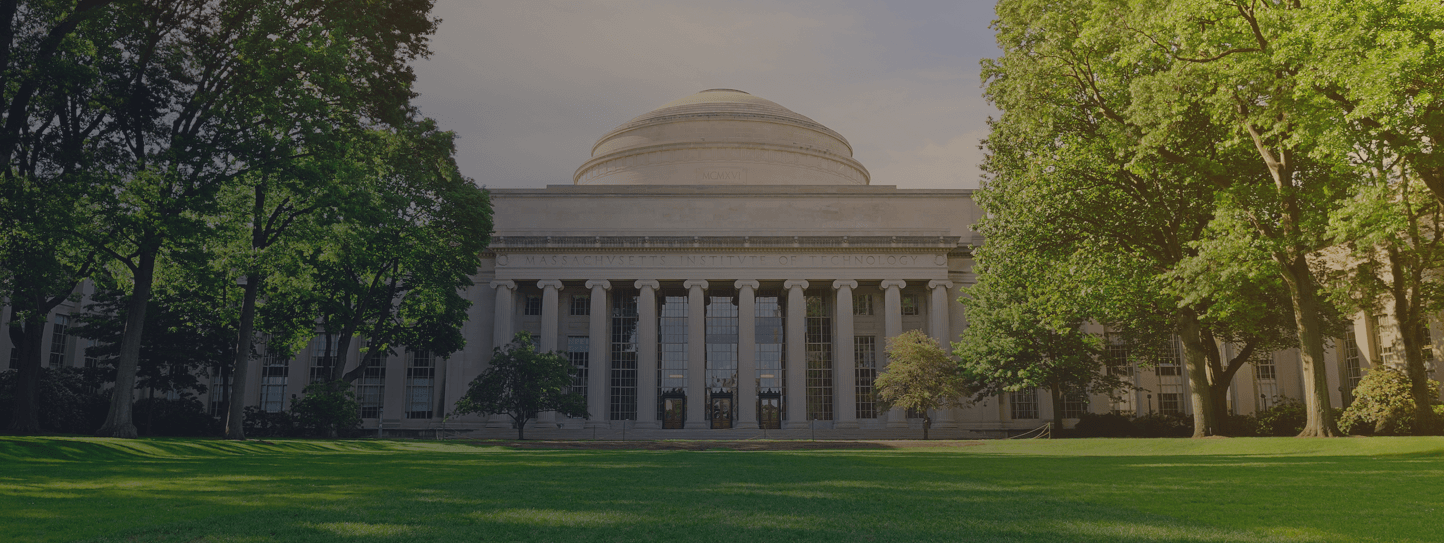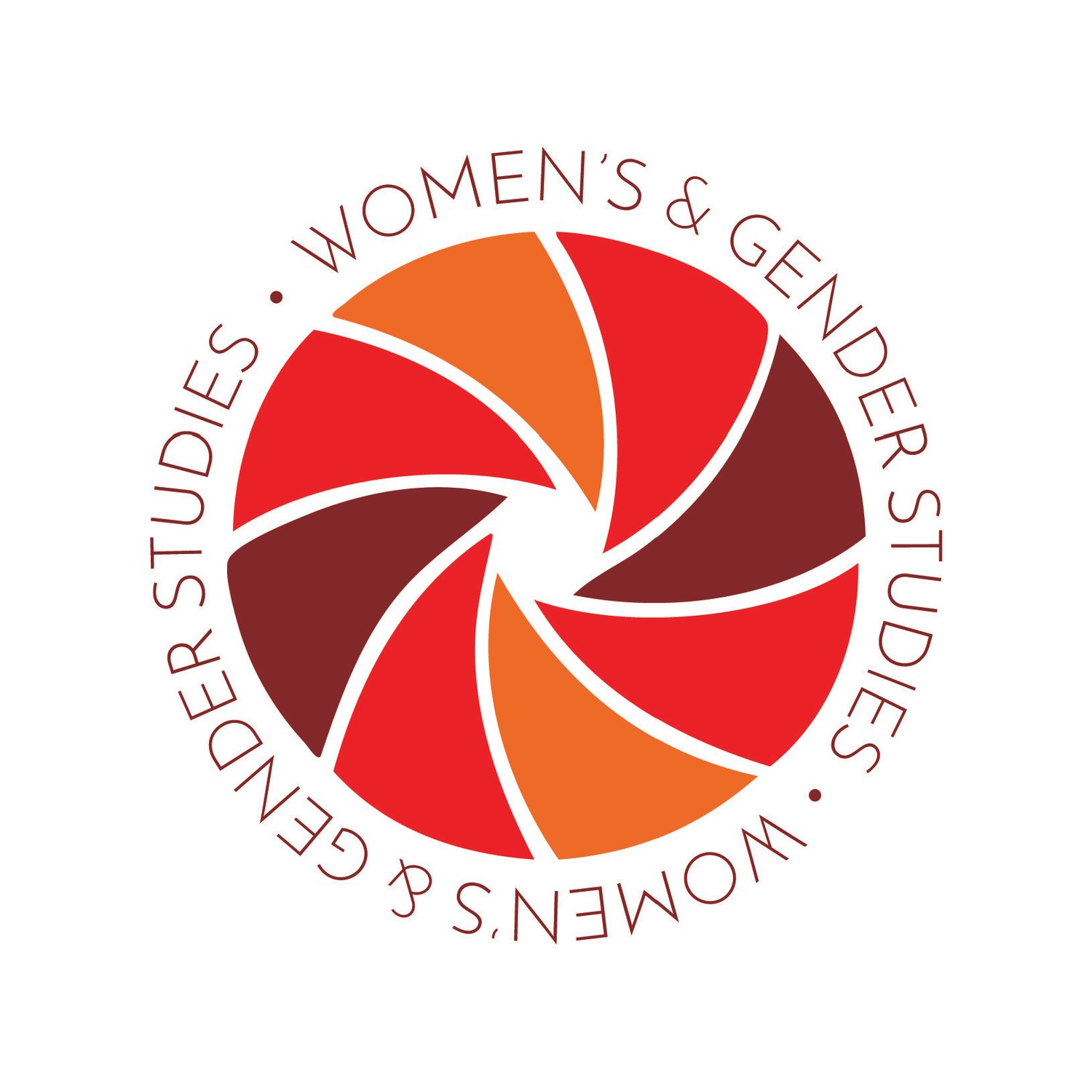
“Where else can feminist scholars of every possible discipline come together to share ideas about everything from adoption to genetics, from Aphra Behn in the 17th century to poverty in America in the 20th?”
— Elizabeth Wood, Professor of History
UPCOMING EVENTS
UPCOMING EVENTS


